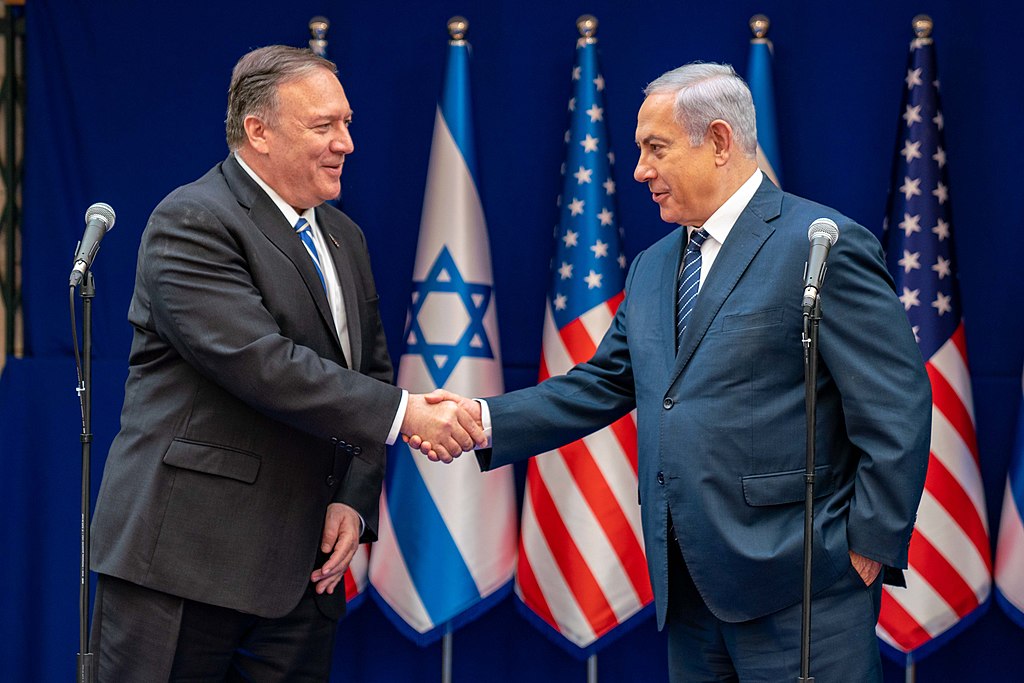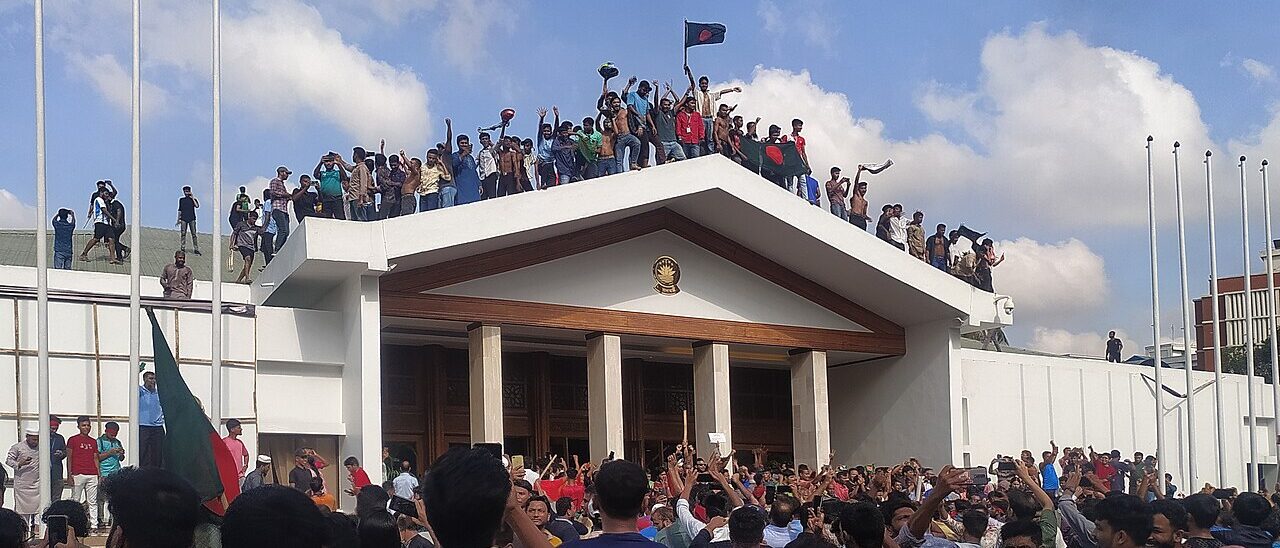This is a summary of the original article by Ali Harb that may be found here
The United States Secretary of State, Antony Blinken, arrived in Israel amidst growing tensions and violence between Israelis and Palestinians. Blinken’s visit followed a Palestinian gunman’s attack that resulted in the death of seven Israelis in occupied East Jerusalem. In response, Israeli forces killed ten Palestinians in the occupied West Bank. Despite the current situation, the US administration is unlikely to change its course as it is premised on maintaining the status quo and not acknowledging the shifting circumstances. According to Annelle Sheline, a research fellow at the Quincy Institute for Responsible Statecraft, the Biden administration is not likely to try and pressure Israel due to concerns over optics. Although the Biden administration promised to center human rights in its foreign policy, it has pushed to strengthen US support for Israel, which human rights groups have accused of imposing apartheid on Palestinians.
Israel receives $3.8 billion in US military aid annually, and President Biden increased the assistance by $1 billion last year. Critics argue that the US support for Israel is not based on human rights considerations but rather on its strategic interests in the region. This view was echoed by George Bisharat, a professor at UC Hastings College of the Law, who said that the US does not care about Palestinian lives. Bisharat also said that the US views occasional eruptions of violence in Israel-Palestine as “inconveniences to be managed” while maintaining unconditional support for the Israeli government.
Blinken, like other officials in the Biden administration, has been reluctant to criticize Israel publicly. During his visit, he lauded the US-Israel alliance and highlighted Washington’s efforts to further “integrate” Israel into the Middle East and strengthen its normalization deals with Arab states. Blinken cautioned against moves that would go against the “vision” of the two-state solution and failed to provide a clear answer when asked about punitive measures that Netanyahu’s government is considering imposing on families of Palestinians who carry out attacks against Israelis.
Experts have pointed out that criticizing Israel still enacts a high political cost in the US. Israel-Palestine is not at the top of President Biden’s priorities, which further cements the US view of the current crisis as a minor, manageable matter. Echoing this view, Bisharat said that US officials waving prospects of the two-state solution only serves to maintain the status quo of indefinite Israeli occupation by treating it as temporary.
In conclusion, the current US administration is unlikely to change its stance on the Israeli-Palestinian conflict. The US support for Israel is based on its strategic interests in the region rather than human rights considerations. The US officials have been reluctant to criticize Israel publicly, and the current situation is not a priority for the Biden administration. Experts believe that the US’s stance on the conflict serves to maintain the status quo of indefinite Israeli occupation and that it is long past time for a new approach.
The views expressed herein may not necessarily reflect the views of JI FAD and/or any of its affiliates






